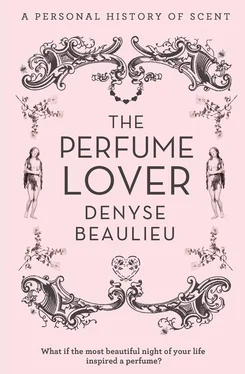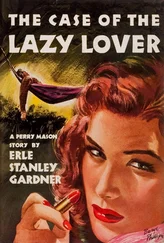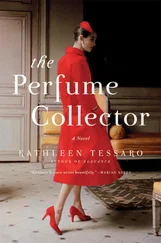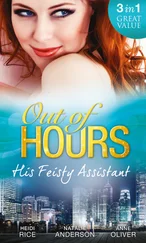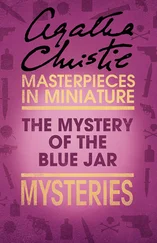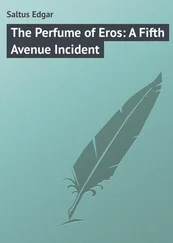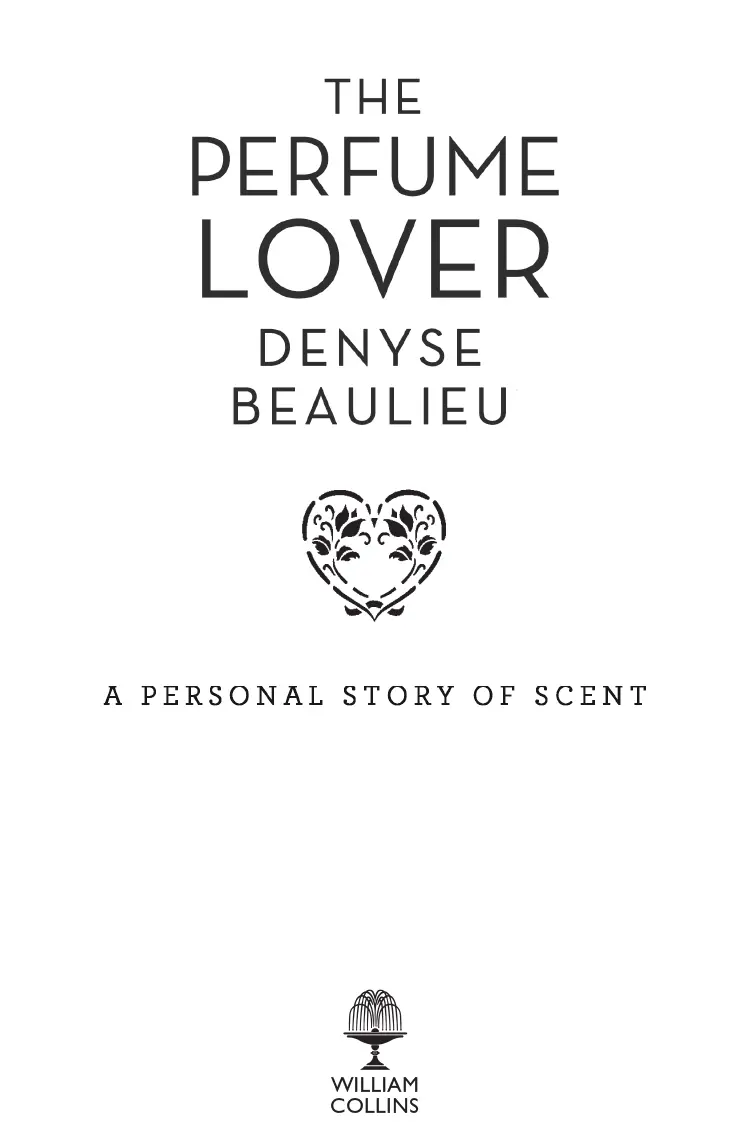
I am sitting in the perfumer’s lab, taking delicate cat-like sniffs of a slender blotting-paper strip dipped in orange blossom absolute. Though the flower has long been worn by brides as a symbol of purity, what I smell on this strip drops more than a hint of the earthier proceedings of the wedding night. In fact, the candid orange blossom, just like her sisters jasmine, gardenia and tuberose, hides quite a whiff of sex under her tiny skirts. No wonder the aphrodisiac essences of white flowers have always held pride of place in the arsenal of French perfumers. They are subtle reminders of the beast lurking within the beauty. Perfume is meant to go on a body; animal notes are what weld the suave scent of floral flesh to ours. Isn’t it a little hot in here?
While the sweet, narcotic orange blossom absolute unfolds its facets, the perfumer talks me through its more unexpected aspects. His words are like conjuring tricks: as he speaks, a snapped peapod, a whiff of hot tar just before a storm, a fatty smear of wax, a dusting of honeyed pollen spring from the strip. Orange blossom absolute is animal, vegetable and mineral all at once; it doesn’t quite smell like the flower it is extracted from. Still, there is enough of its ghost hovering over the blotter to tug at a distant memory. I close my eyes and let the fragrance seep into my mind, until it overwhelms all the other smells in the lab, bringing me back to the first time I ever breathed it in …
It had another, more poetic name for me then, bequeathed by the Moors to the Spanish language: azahar.
I am in Seville, standing under a bitter orange tree in full bloom in the arms of Román, the black-clad Spanish boy who is not yet my lover. Since sundown, we’ve been watching the religious brotherhoods in their pointed caps and habits thread their way across the old Moorish town in the wake of gilded wood floats bearing statues of Christ and the Virgin Mary. This is the Madrugada, the longest night of Holy Week, and the whole city has poured into the streets: the processions will go on until the dawn sky is streaked with hunting swallows. In the tiny whitewashed plaza in front of the church, wafts of lavender cologne rise from the tightly pressed bodies. As altar boys swing their censers, throat-stinging clouds of sizzling resins – humanity’s millennia-old message to the gods – cut through the fatty honeyed smell of the penitents’ beeswax candles.
Under the silver-embroidered velvet of her dais, the Madonna, crystal tears on her cheek, tilts her head towards the spicy white lilies and carnations tumbling from her float. She is being carried into the golden whorls of a baroque chapel, smoothly manoeuvred in and out, in and out, in and out – they say the bearers get erections as they do this – while Román’s hand runs down my black lace shift and up my thigh to tangle with my garter-belt straps. His breath on my neck smells of blond tobacco and the manzanilla wine we’ve been drinking all night – here in Seville, Holy Week is a pagan celebration: resurrection is a foregone conclusion and there is no need to mourn or repent. As the crowd shifts to catch a last sight of the float before the chapel doors shut behind it, the church exhales a cold old-stone gust. I am in the pulsing, molten-gold heart of Seville, thrust into her fragrant flesh, and there is no need for Román to take me to bed at dawn: he’s already given me the night.
Bertrand Duchaufour is leaning towards me with the rapt gaze of a child listening to a fairy tale. He removes his glasses and wipes them, nodding, before his lips curl into a boyish grin.
‘All those smells … it’s all there! Now that would make a very good perfume.’
I’ve just been leading one of the world’s best perfumers by the nose.
I’d have never imagined that some day I’d be telling Bertrand Duchaufour about my nights in Seville. When we first met in a radio studio in May 2008, I hadn’t even liked him much.
I’d only been writing about fragrance in earnest for a year at that point and I’d been very much looking forward to meeting Duchaufour. His off-beat, deeply personal compositions for edgy fashion labels like Comme des Garçons or the pioneer niche house L’Artisan Parfumeur had earned him star status among perfume aficionados as well as a reputation for artistic integrity. He was one of the people who’d eased fragrance out of its traditional set of references as projections of feminine or masculine personae: many of his compositions were olfactory sketches capturing the spirit of the places to which he’d travelled: Sienna in winter; a seduction ritual in Mali; a Buddhist temple in Bhutan; the Panamanian rainforest; a church in Avignon …
With his rectangular glasses, shaven pate and forthright demeanour, the forty-something perfumer certainly looked more like one of my artist friends than the sibylline master of a secret craft, and I was sure we’d get on fine. I was mistaken. Throughout the broadcast, Duchaufour was gruff and snappy. The host’s faux-naïve questions seemed to irk him; he let on that self-styled critics like myself or our fellow guest, the perfume historian Octavian Coifan, had better leave the thinking to the pros. It turned out he had good reason to be annoyed. He’d been led to believe he’d been invited to speak about his work. Minutes before going on the air, he was told that the topics of the day would be the high price of perfume and the absence of proper fragrance reviews. I understood why he was disgruntled and respected the fact that he didn’t try to ingratiate himself with us or the public, but I was disappointed just the same. Clearly, we weren’t going to be buddies. Still, the man made great perfumes and that was all that mattered. I didn’t have to like him personally to appreciate his work, and I certainly didn’t need him to like me.
So when I spotted him the following November at the raw materials exhibition organized by the Société Française des Parfumeurs where I had just been accepted as a member, I wondered whether I should even bother to say hello. But since we’d met, I’d managed to slip a foot in the door of a few labs: some of his colleagues seemed to think I was worth talking to. And more significantly, I’d fallen in love with his recent work. I felt he was shifting towards a more sensuous style I could actually connect with, and I’d just written a review of his latest fragrance, Al Oudh, an ode to Arabian perfumery pungent with sexy animal notes. ‘I love it when a man plays that kind of dirty trick on me,’ I’d concluded teasingly. It hadn’t occurred to me that he would ever read those words.
Duchaufour recognized me as I walked by: I was somewhat conspicuous with my apple-green coat and silver bob. Much to my surprise, he grinned and kissed me on both cheeks before congratulating me on the accuracy of my review. I hadn’t written it to please him, but I wasn’t about to let such an opportunity pass me by, so I instantly improvised a white lie. I was teaching a perfume appreciation course at the London College of Fashion in a month’s time, I told him (which was the truth), and I intended to discuss his work (also the truth, as of one second ago). It was the very first time I was to teach the course, which I’d been offered on the strength of my writing and talks I’d given to students in Paris. At first, I’d felt pretty confident I could swing it, but as the time to shut myself inside a classroom for three days with fifteen eager perfume lovers drew nearer, I was feeling a little jittery. I kept that to myself, but I did tell Duchaufour I’d appreciate his input (if anything, I’m a quick learner). Much to my relief, he nodded, still grinning:
Читать дальше
